With the "APEC is going to be EPIC" banners displayed prominently throughout San Francisco, the city has been made ready for the 30th Asia-Pacific Economic Cooperation (APEC) Leaders' Week, which began on Saturday and runs through Friday. The slogan reflects not only the city's warm welcome to its guests, but also signifies its commitment to transformation and renewal.
The forum, which has gathered leaders and entrepreneurs from 21 member economies, offers more than a prime opportunity for dialogue on multilateral cooperation and the exchange of ideas on vital subjects such as the economy, trade, technology, climate change and other significant international issues. The city and its people are also eager to promote their locale and extend their hospitality, showcasing the best of what San Francisco has to offer.
With security measures heightened to guarantee the safety of the event, residents of San Francisco said they are experiencing traffic delays and congestion, resulting from road closures and traffic control implemented for the forum.
"We are a little bit stressed out during the week, but there will be an equal amount of feeling excitement that we are living in an international city," San Francisco resident Charlie Barratt said. These small inconveniences are understandable, he said, adding that he believes that the government will maintain its current efforts even after the forum.
"San Francisco is usually pretty show-off-able at all times, so I'm not concerned about it going back. Tourism is one of the top three industries here, so we are prepared for lots of visitors coming here for all kinds of reasons," Barratt said.
He expressed his hope that these positive changes would attract, in addition to those attending the APEC event, more international visitors, as the city experienced a decline in tourism post-pandemic due to previously unresolved social issues such as homelessness and rampant drug problems.
John Quackenbush, another San Francisco resident, said: "The world leaders are coming to the most beautiful city in the world. We need to get San Francisco back on track. The government is putting a lot of effort into making the city's lives better."
San Francisco is recognized as the fourth-largest metropolitan area in the United States in economic terms, and it plays a crucial role in the global economy, boasting a GDP of $501 billion.
The Bay Area also hosts numerous Fortune 500 companies and is headquarters for pioneering enterprises in sectors such as artificial intelligence, biotechnology, clean energy and social media.
Paired with the West Coast vibe, clean streets lined with palm trees, the tranquil waters of the Pacific Ocean, the lazy seals lounging on Pier 39, the seagulls fluttering about seeking snacks from tourists, the pink and purple hues of the sunset sky, and the safe and leisurely strolls on the streets in the early hours after the city's nightlife has simmered down — these visual elements and atmosphere are reemerging, aligning perfectly with the aspirations and present reality of the city during the APEC meeting.
To comply with the theme of APEC, such positive changes in the city need to be sustainable.
"I hope that when (APEC participants) leave, we maintain our housekeeping. It makes us feel good, and it makes us feel proud," said San Francisco resident Amelia Hurtado. "We'd love to have (tourists) see the real U.S. the way we used to have it."








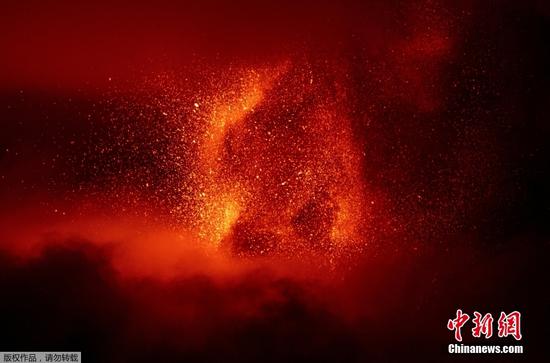
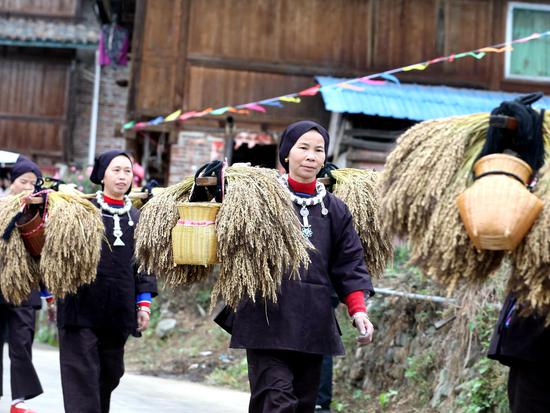
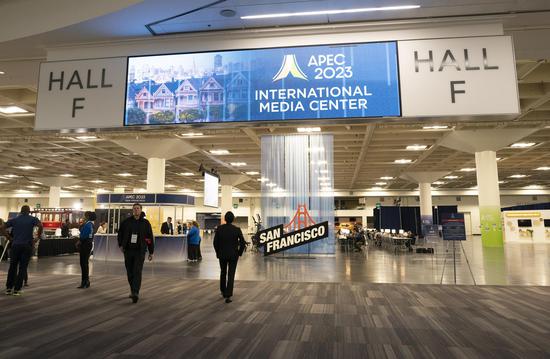
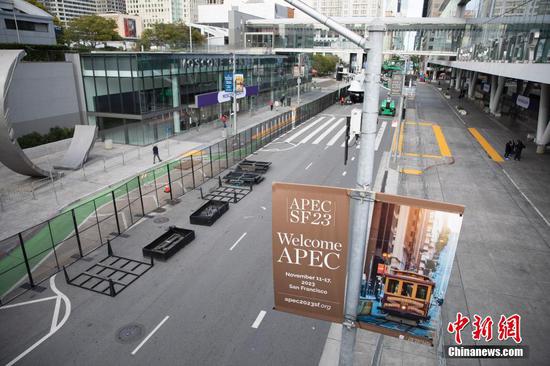
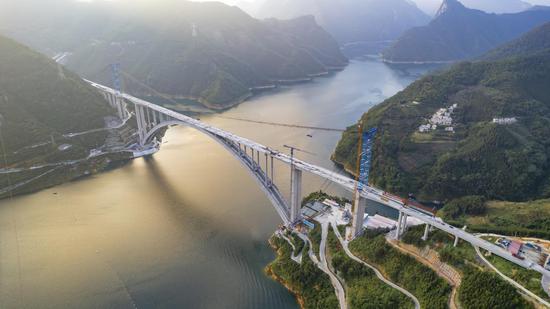
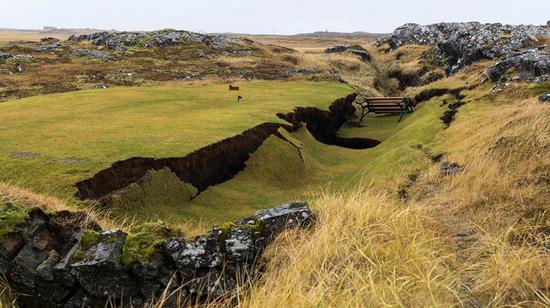
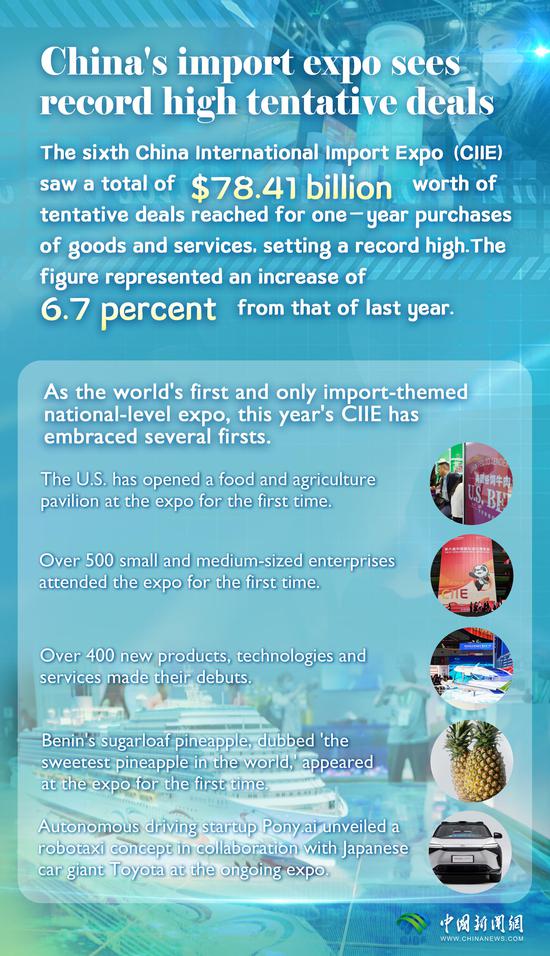
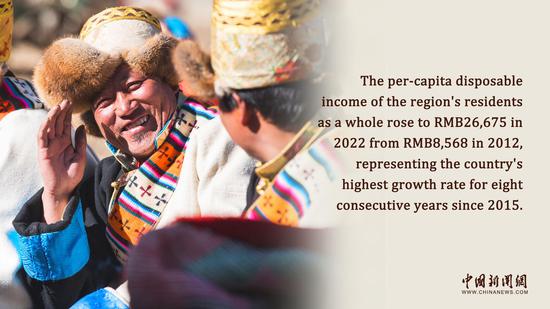
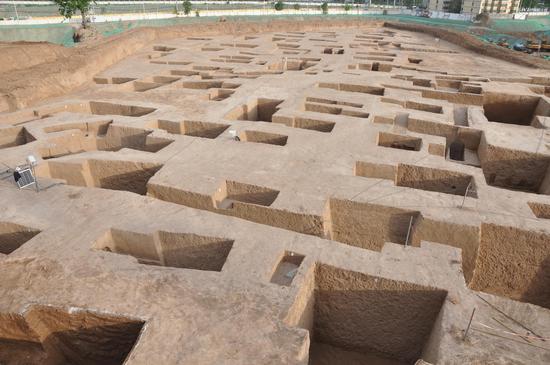
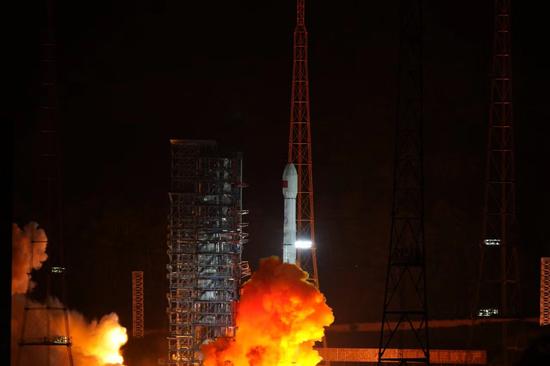
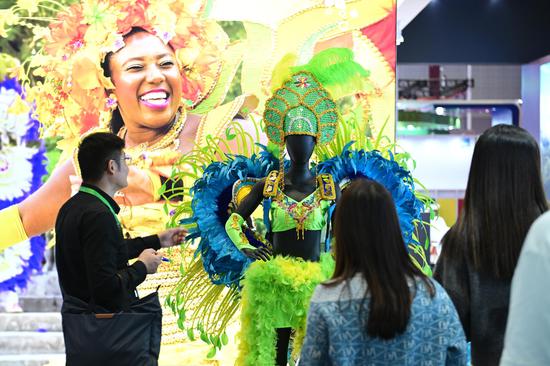



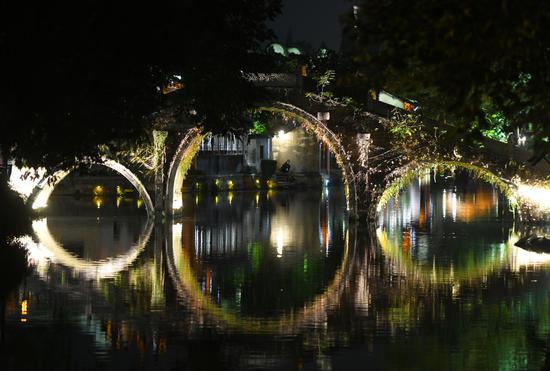

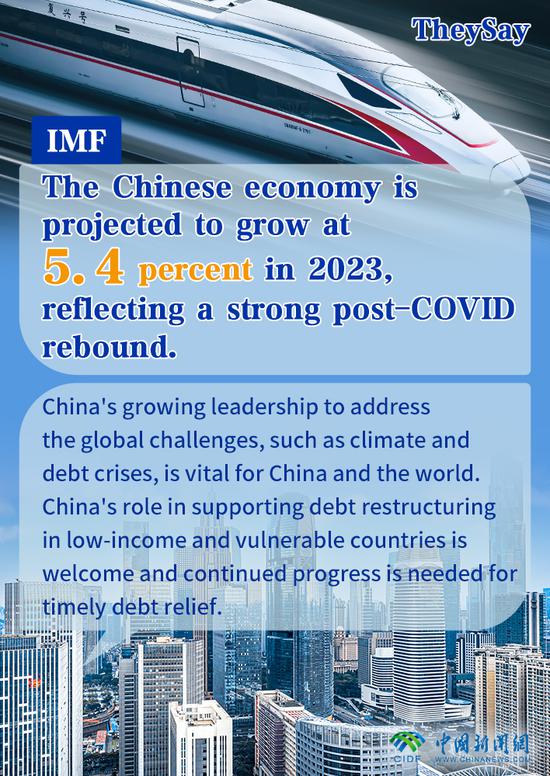
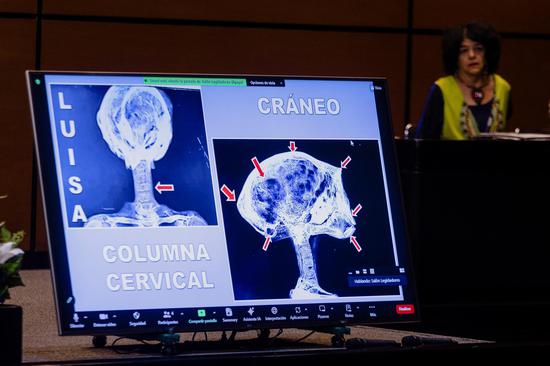
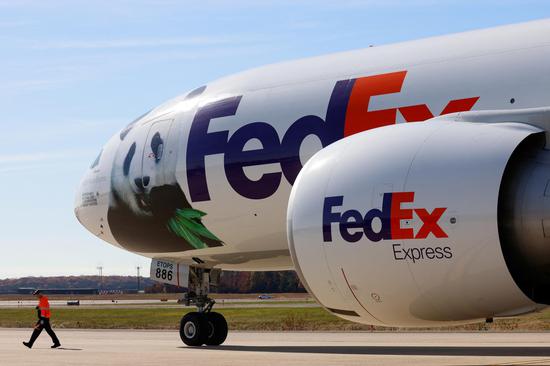
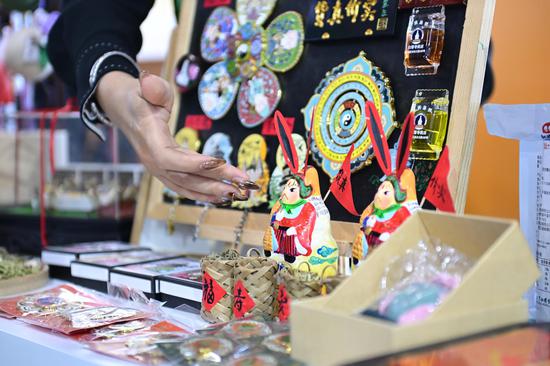
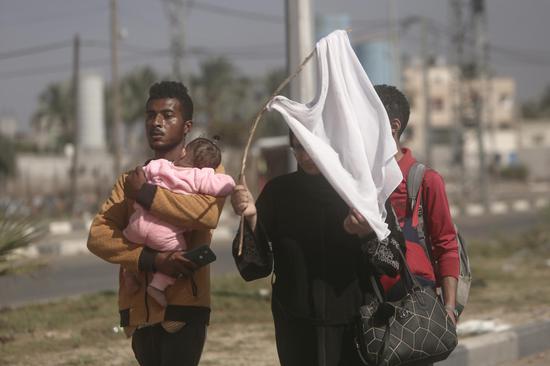
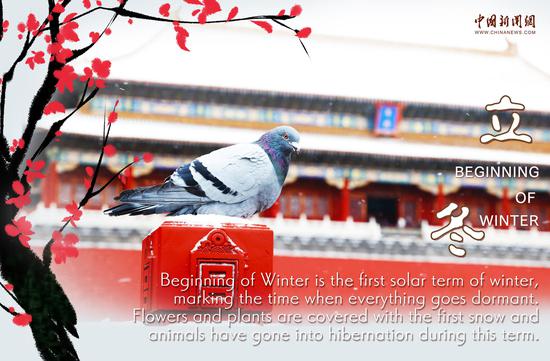

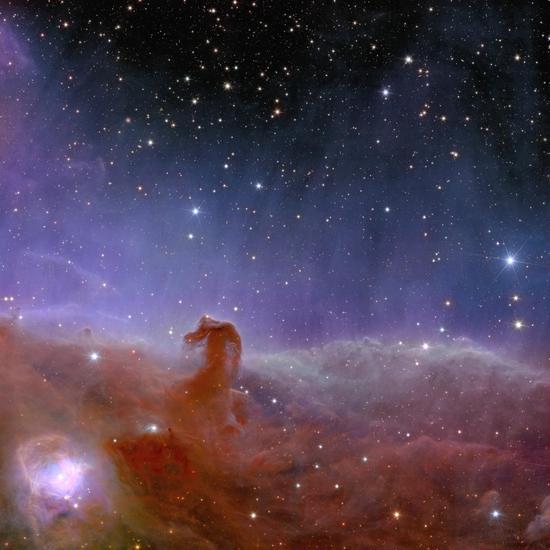
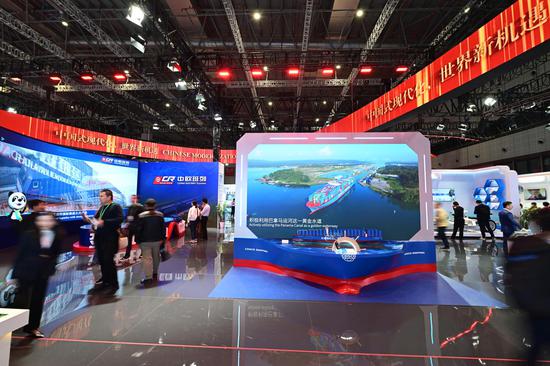
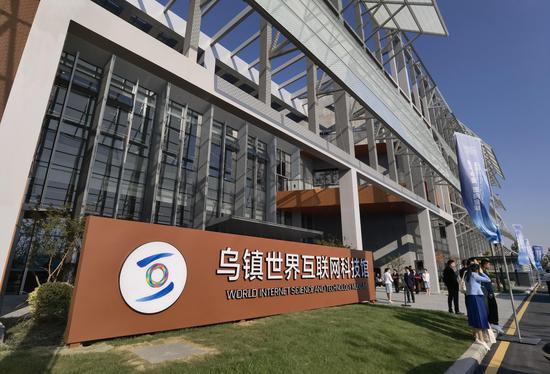
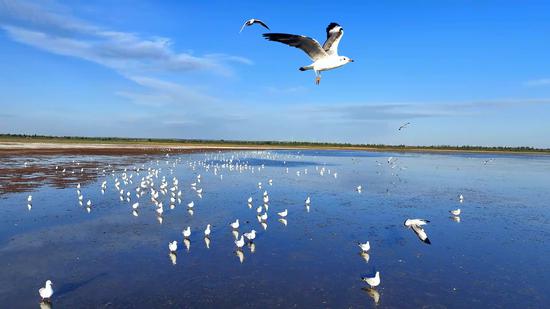
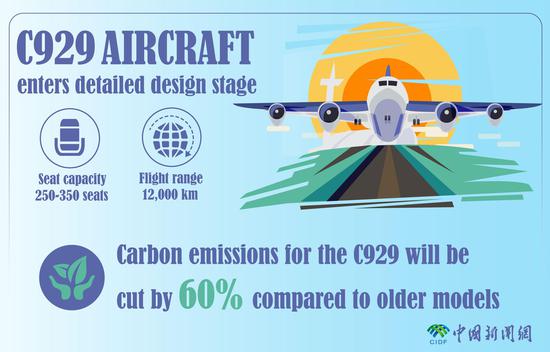
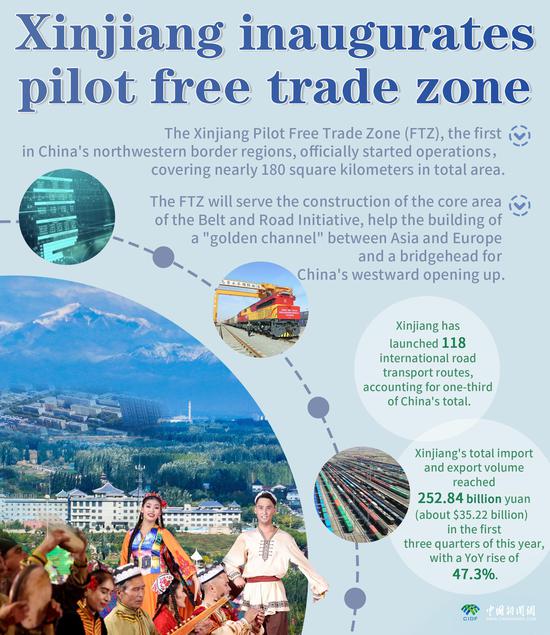
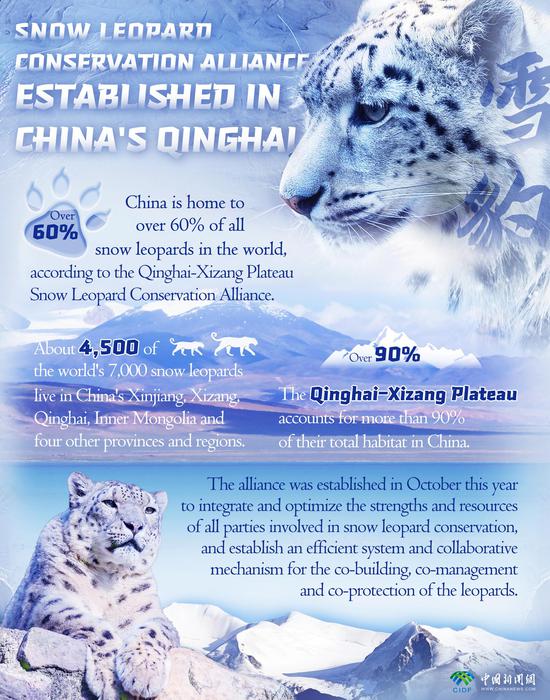
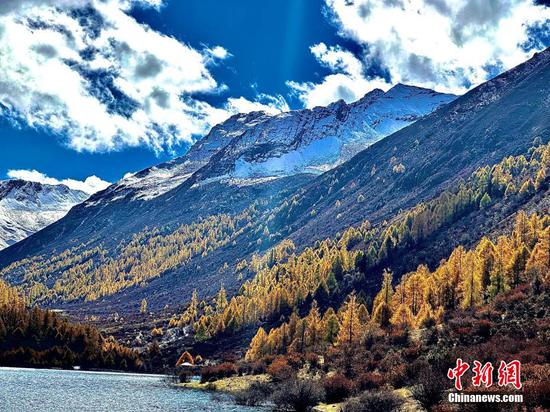
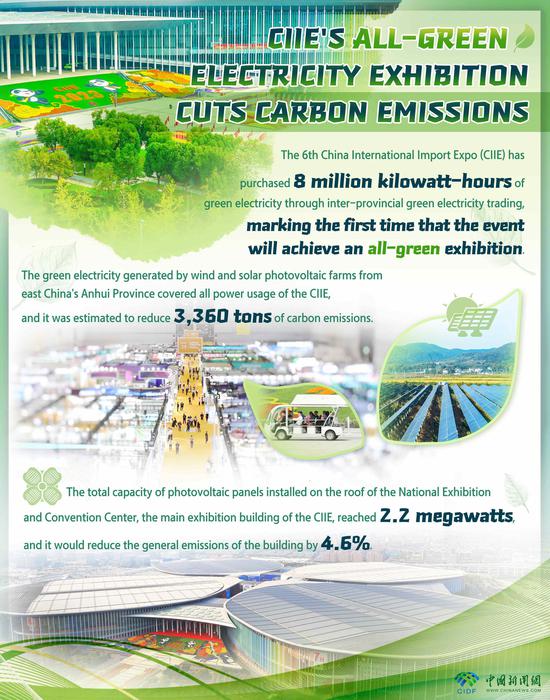
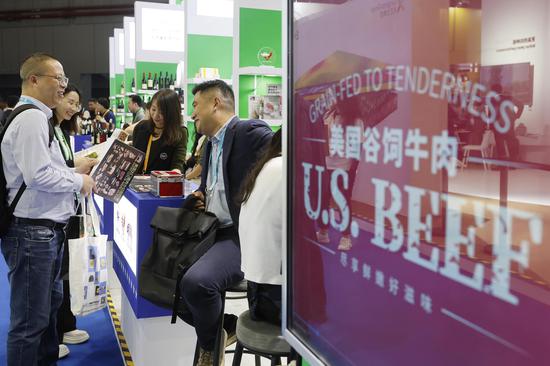
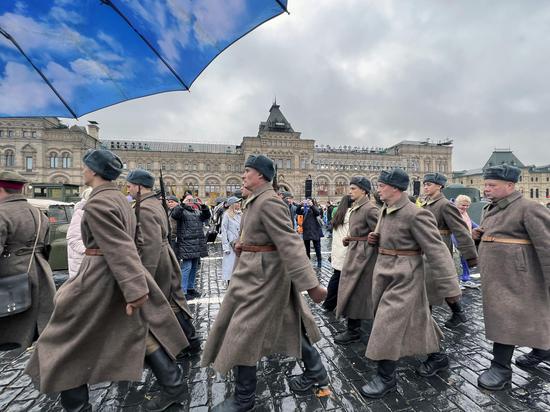
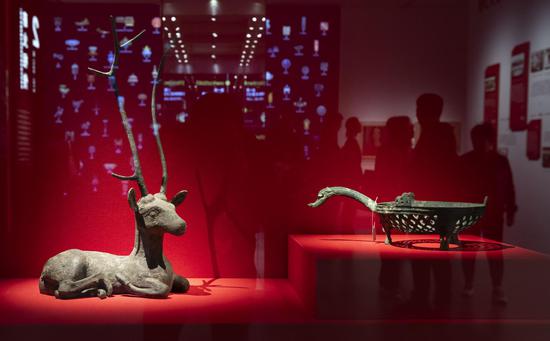
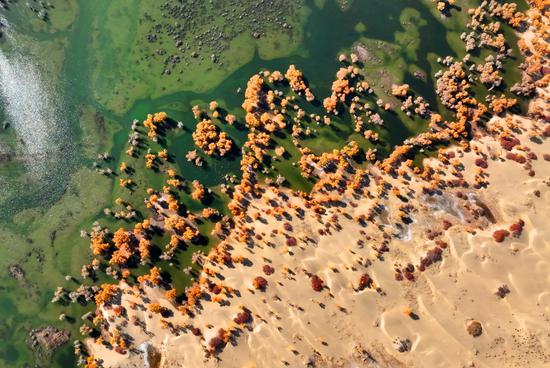
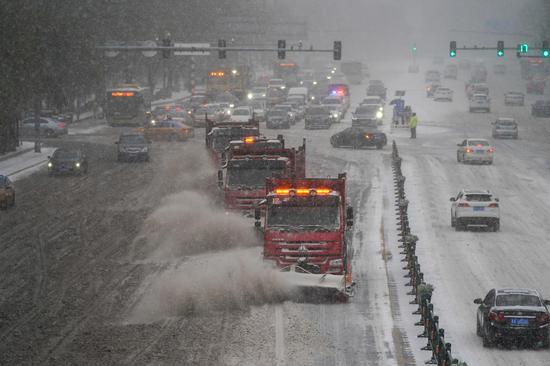





 京公网安备 11010202009201号
京公网安备 11010202009201号